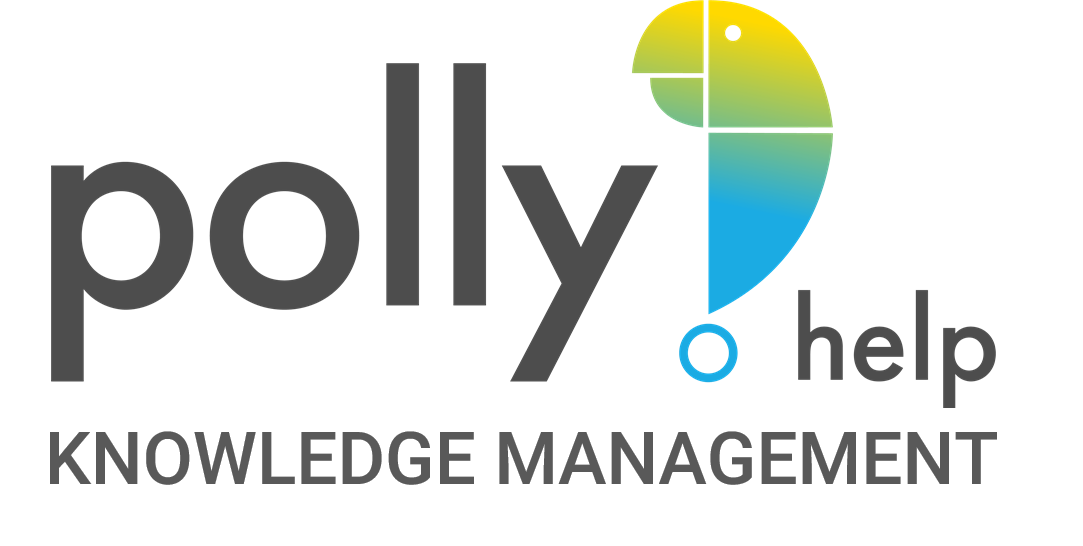Today’s business world thrives on understanding two critical concepts: information management and knowledge management. It’s vital for industry experts to grasp the distinction between these areas to enhance organizational operations. Information management serves as the backbone for organized data collection and storage. On the other hand, knowledge management converts data into strategic resources for action. This interplay underscores the nuanced yet impactful difference characterizing information management versus knowledge management.
The challenge often involves viewing information management and knowledge management not merely as distinct areas but as intertwined forces that propel businesses. In an era of swift advancements and increased complexity, we examine how both practices play pivotal roles in an organization’s robust and flexible growth.
Key Takeaways
- Grasping the subtleties between information and knowledge management informs strategic business decisions.
- Information management focuses on the technical aspect of data organization, aiding in security and accessibility.
- Knowledge management leverages information to foster innovation, collaboration, and competitive advantage.
- Both management strategies are integral to an organization’s success in the digital age.
- Understanding and integrating these concepts are vital to harnessing the full potential of a business’s intellectual resources.
Understanding the Essentials: Information and Knowledge in Business
The distinctions between information and knowledge management are key to their roles in business. While both utilize intellectual assets, their goals and methods differ, addressing specific needs.
Information management focuses on data’s logistical efficiency. It involves organizing and making information available, transforming data into usable context for stakeholders. This ensures quick, accurate decision-making and planning.
Knowledge management, however, aims at enhancing organizational capabilities. It is about cultivating and sharing insights, expertise, and experiences. This transforms them into actionable knowledge, affecting employee behavior and cross-departmental insights integration.
Theirauf’s view shows a hierarchy: data as raw facts, information as structured data, and knowledge as applied understanding. This framework highlights the differences between the two fields, showcasing knowledge’s transformative power within a company.
| Aspect | Information Management | Knowledge Management |
|---|---|---|
| Focus | Data structuring and accessibility | Knowledge creation and application |
| Goal | Streamlined decision-making | Organizational capability enhancement |
| Metrics | Efficiency of data retrieval and usage | Behavioral evolution and insight integration |
| Key Action | Organizing data into coherent information | Sharing, using, and managing knowledge |
| Outcome | Enhanced strategic planning | Cultivated organizational culture |
Businesses must understand the unique roles of information and knowledge management. Recognizing their complementarity is crucial for driving innovation and growth in the contemporary business scene.
Defining Information Management in the Digital Age
The digital era has revolutionized organizational information handling, prompting an in-depth comparison of information management and knowledge management. A detailed scrutiny of information management vs knowledge management shows distinct focus areas for both, crucial for corporate triumph. Information management embarks on data collection and progresses through organized steps such as storage, curation, and analysis, ending with discarding unnecessary information.
Digital advancements have introduced tools that boost these operations, enhancing both access and safety. The adoption of document management and enterprise resource planning systems has simplified workflows. This ensures smoother information dissemination. Every step in information management aims to uplift efficiency and align with an organization’s broader objectives.
| Information Management Process | Purpose | Benefit |
|---|---|---|
| Collection | Acquisition of raw data | Ensures a robust foundation for analysis |
| Storage | Secure repository for data | Enhances data retrieval and protects against data loss |
| Curation | Contextualization and enrichment of data | Improves data quality and relevancy |
| Dissemination | Distribution of information | Promotes informed decision-making |
| Archiving | Long-term preservation of critical data | Provides a historical record and aids compliance |
| Destruction | Systematic elimination of obsolete data | Prevents data clutter and maintains privacy standards |
Information management, empowered by digital progress, sharply contrasts with knowledge management by focusing solely on information’s lifecycle. As debates on information management vs knowledge management continue, the essential role of data infrastructure becomes evident. It’s as vital as the insights and human intelligence that turn data into useful knowledge. In today’s digital epoch, stellar information management is imperative. It drives organizational advancement and sparks innovation at the workplace.
Exploring Knowledge Management: Beyond Data and Information
Considering the difference between information management and knowledge management is key. Knowledge management goes beyond merely organizing data. It transforms that data into an invaluable resource, which leads to innovation and efficiency in an organization. By applying knowledge management strategically, companies harness information beyond traditional methods. This creates a culture aimed at continuous enhancement and a competitive advantage.
Knowledge Management Goals and Objectives
Information management and knowledge management play unique roles in a business. Information management handles data stewardship. On the other hand, knowledge management strives for loftier goals. It focuses on fostering innovation, improving organizational efficiency, and developing unique competencies. These ambitions result in time savings and accelerated innovation, pushing businesses to lead in their sector.
The Role of Human Experience in Knowledge Management
The difference between information management or knowledge management appears clear in the human aspect. Knowledge management values the tacit knowledge within a company’s workforce. This tacit knowledge includes experiences, cultural understandings, and personal know-how. It is challenging to articulate but crucial in differentiating knowledge from information management. Efforts in knowledge management aim to leverage this insight for better decision-making and a deeper organizational knowledge base.
The distinction between information management and knowledge management becomes apparent when considering their focuses. Information management is about the organization and accessibility of data. Conversely, knowledge management centers on understanding the implications of data through a human-centric perspective. By integrating insights from human experiences, knowledge management not only maintains but enhances an organization’s intelligence.
Contrasting Dynamics: Information Management vs Knowledge Management Systems
Exploring the domain of information management vs knowledge management reveals unique focuses and methods. Information management focuses on using technology to collect, organize, and share structured data. It highlights the clear characteristics of data, such as facts and statistics. These can be easily spread and copied with current technologies.
Knowledge management shifts towards adding a human touch. It stresses the significance of communication and the culture within an organization. This method involves both evident knowledge and the harder-to-define tacit knowledge, featuring personal insights that cannot be straightforwardly put into words. It is this blend that spurs innovation and enables unique progress that others can’t mirror easily. Below is a table contrasting the two systems:
| Aspect | Information Management | Knowledge Management |
|---|---|---|
| Focus | Data and explicit information | Integration of explicit and tacit knowledge |
| Key Processes | Collecting, organizing, disseminating information | Imparting, sharing, applying knowledge |
| Technological Reliance | High, with an emphasis on replicable systems | Moderate, complemented by human interaction and insight |
| Value Proposition | Efficient data management and access | Innovation and unique problem-solving capabilities |
| Organizational Impact | Structured decision-making based on explicit information | Creative decision-making informed by rich, collective insights |
The distinction between information management and knowledge management becomes evident when examining these aspects. Information management enhances data usability for operational decisions, while knowledge management uses both explicit and implicit knowledge for creative, strategic advantages. Both play vital roles in the modern business landscape, highlighting different aspects of how organizations manage and use their informational and knowledge assets.
What is the Difference Between Information Management and Knowledge Management
The landscape of modern businesses is continuously evolving, urging the need for effective management of information and knowledge. Understanding the distinctions between information management and knowledge management is crucial for better decision-making and strategic planning. Although seemingly similar, each has unique methods and outcomes that influence organizational performance significantly.
Information management focuses mainly on the orderly handling of data. It involves collecting, categorizing, storing, and sharing data within an organization. Its goal is to organize data in a way that ensures both easy accessibility and security for users.
Conversely, knowledge management adopts a broader approach, surpassing simple data handling. It aims at utilizing information to nurture and expand organizational knowledge. This process includes capturing experts’ insights, fostering a culture of sharing knowledge among employees, and using this collective intelligence to drive innovation and resolve intricate challenges.
| Aspect | Information Management | Knowledge Management |
|---|---|---|
| Focus | Data collection and organization | Creation and application of knowledge |
| Goal | Ensure timely and secure access to information | Facilitate innovation and enhance decision-making |
| Methods | Structured processes, IT systems | Collaborative practices, culture development |
| Outcome | Efficient information flow | Valuable insights and competitive advantage |
Ultimately, navigating the information management versus knowledge management terrain means moving from a structured data handling to a dynamic synthesis of ideas. In this context of distinctions between information management and knowledge management, information management lays the groundwork for knowledge building. Knowledge management then takes this foundation, enabling employee empowerment and business growth through innovation and a collective grasp of information.
The Evolutionary Transition: From Information Age to Knowledge Age
The Knowledge Age marks a significant shift, altering business strategies and operations fundamentally. This era stresses the importance of understanding the distinction and connection between information management and knowledge management. As we progress past the simple gathering and storing of data, grasping these concepts is vital for companies aiming to stay competitive.
Pivotal Shifts in Modern Business Strategies
The contrast between information management and knowledge management highlights a crucial aspect. Information management is foundational for organization, but knowledge management is essential for innovation. This divergence has led strategies to evolve. Now, they focus on developing knowledge ecosystems rather than compiling data alone.
The comparison uncovers a significant border; the base of strategic decision-making has shifted. It moved from depending on static information systems to employing dynamic knowledge processes. This advance from the information era to the knowledge era has prompted businesses to adopt a new approach. They’re moving from data-driven methods to valuing human expertise and experiences.
Embracing Knowledge for Competitive Advantage
Grasping both information management and knowledge management is crucial, especially for businesses leveraging their unique knowledge assets. Implementing strong knowledge management systems places organizations in the lead. It fosters a culture keen on learning, sharing, and innovating. Such a move towards knowledge-focused operations leads to better efficiency, fewer mistakes, and informed decision-making based on data.
- Enhanced Efficiency: Knowledge management practices reduce workflow redundancy and unnecessary tasks.
- Innovation and Collaboration: Cultures rich in knowledge promote teamwork, sparking innovation and keeping companies agile amid rapid market shifts.
- Decision-making Quality: Decisions improve with a deep understanding of both information and knowledge management, merging qualitative insights with quantitative facts.
The journey from information management to knowledge management isn’t optional; it’s an evolutionary step. It enhances the structured approach of information with the flexible, human-focused aspects of knowledge management. As business landscapes evolve, mastering both information and knowledge management will position leaders at the forefront of future developments.
Real-World Applications: Knowledge Management Strategies in Action
Exploring practical differences between managing information and knowledge shows how organizations use knowledge for growth and innovation. Unlike information management, knowledge management focuses on deeper learning and extracting wisdom. In real-world cases, we see knowledge management in action through tools and platforms that enable employees.
The gap between information and knowledge management is clear when organizations use Communities of Practice (CoPs). These are groups aimed at bringing together people with similar interests or skills to create and share knowledge. They foster learning from direct experience and enrich the organization’s pool of wisdom.
Mentoring programs showcase the importance of sharing knowledge in context. These programs connect less experienced employees with mentors for direct insights, different from static information management methods. Tacit knowledge’s nuances, harder to capture in databases, are shared through mentoring.
Collaborative digital platforms are key to knowledge management. Tools like Microsoft Teams enhance communication and maintain conversation histories, forming a searchable knowledge database. This ability to extract insights from past discussions shows knowledge management’s edge over traditional information management archives.
Integrating knowledge management prepares organizations to tackle complex problems and boost creativity. These human-centered systems emphasize the difference between managing information and knowledge. They stress the importance of knowledge strategies in the innovative business world today.
A Deeper Dive into the Benefits of Knowledge Management
Exploring the key differences between information management and knowledge management leads to recognition of knowledge management’s vast organizational benefits. It’s the backbone of every leading company, enhancing both efficiency and the bottom line through smart knowledge use.
Enhancing Efficiency and Innovation
The deep dive into information management and knowledge management unveils a distinct edge for the latter. It bolsters operational efficiencies and spurs innovations. By harnessing what’s already known, firms conserve time, an asset as precious as finances. This insight points to how understanding information management and knowledge management can prime operations for growth, using lessons from the past to fuel future creativity and expansion.
The Importance of a Knowledge-Centric Organizational Culture
Delving into information management versus knowledge management uncovers how knowledge management cultivates a rich organizational ethos. It elevates info from mere utility to key strategic resource, boosting engagement and teamwork. Through this lens, the information management and knowledge management contrast underlines the worth of a learning-focused, idea-sharing culture for achieving a dynamic and united company framework.
- Employees become contributors to the company’s knowledge repository, not just consumers of information.
- Collaborative spaces emerge, connecting ideas and creating a springboard for innovation.
- A knowledge-centric culture underlies the effective execution of company strategy and goals.
| Aspect | Information Management | Knowledge Management |
|---|---|---|
| Focus | Data collection and organization | Application of information to create knowledge |
| Culture | Process-driven, focusing on access and security | People-driven, emphasizing knowledge sharing and innovation |
| Benefits | Structures and provides data for tactical use | Spurs innovation and strategic advantages |
| Key Tools | Document management systems, databases | Collaborative platforms, Communities of Practice |
In today’s Knowledge Age, seamlessly incorporating knowledge management into organizational activities is crucial. Skillfully managing this knowledge unlocks new processes and competitive edges, vital for a vibrant business ecosystem.
The Significance of Information Management: Organizing Data for Access and Security
The debate of information management vs knowledge management often centers on how each discipline organizes and utilizes data and information. Information management aims to efficiently structure data. This ensures authorized individuals easily access needed information, while maintaining high security standards. This aspect is crucial in business environments where decisions are time-sensitive and the protection of sensitive data is essential.
One could argue that in the discussion of information management or knowledge management, it is information management that lays the foundation for knowledge. Without orderly information management, knowledge management might falter. It relies on a steady stream of accurate data. Here’s a look at how these two management strategies interact with data and security within an organization:
| Aspect | Information Management | Knowledge Management |
|---|---|---|
| Data Organization | Focuses on the categorization, storage, and retrieval of data | Builds upon organized data to connect ideas and insights |
| Access | Creates protocols for data access, ensuring the right people have the information when they need it | Facilitates the flow of information to encourage sharing and application of knowledge |
| Security | Emphasizes data protection, compliance, and risk management | Integrates secure knowledge sharing while protecting intellectual property |
In summary, superior information management practices promote effective knowledge management. An organized and secure environment makes data to knowledge conversion smooth. This reveals how information management and knowledge management are interdependent. It accentuates information management’s crucial role in helping businesses manage and prepare data for knowledge-driven uses.
Implementing Effective Information and Knowledge Management in your Organization
Grasping the essence of information and knowledge management is pivotal for aligning business strategies with today’s digital demands. Information management is vital for data integrity and access, while knowledge management fuels innovation and competitive advantage with the organization’s collective intellect.
Developing a Dynamic Framework for Information and Knowledge Flow
Organizations need a dynamic framework to effectively integrate information and knowledge management. It should ensure the adept capture and categorization of data. Additionally, it should convert information into actionable knowledge seamlessly. This framework must balance secure data management with fostering a knowledge-sharing culture.
Technological Tools that Support Information and Knowledge Management
Technological advancements anchor the success of information and knowledge management. They have evolved beyond basic databases to systems that render data insightful. We compare below the technological tools crucial for distinct aspects of information and knowledge management.
| Technology | Information Management | Knowledge Management |
|---|---|---|
| Data Warehousing | Organizes large volumes of data for efficient querying and reporting. | Stores a combination of data and contextual information for strategic analysis. |
| Content Management Systems (CMS) | Facilitates creation, management, and modification of digital content. | Provides platforms for collaborative content curation and knowledge sharing. |
| Decision Support Systems (DSS) | Enhances business or organizational decision-making activities. | Leverages past knowledge and predictive analytics for informed decisions. |
| Artificial Intelligence Tools | Automates data processing and analysis tasks. | Generates new insights and hypotheses by connecting disparate knowledge areas. |
| Data Discovery and Classification | Enables identification and categorization of data types and sources. | Assists in determining the relevance and relationships of knowledge resources. |
By strategically harnessing these advanced tools, organizations can significantly improve their data and knowledge management. This synergy of structured information handling and dynamic knowledge management positions organizations for success amid constant change and complexity.
Conclusion
The modern corporate world shows a clear line between information management versus knowledge management. Information management organizes data, laying the groundwork. Then, knowledge management takes this data, seeking to transform it into actionable insights. This relationship is vital for business advancement in our digital era.
A strong framework supports both information management and knowledge management contrast. It ensures technology and human skill work together effectively. Beyond just structuring information, this system encourages sharing and applying knowledge. As these methods become more refined, they become crucial for cutting costs, boosting productivity, and gaining a competitive advantage.
Combining information with knowledge management allows companies to handle today’s complex informational landscape. Recognizing how these fields differ and connect is key for success. Mastering these management styles leads to innovation and long-term achievements, showing what it truly means to succeed in the Knowledge Age.





